Patriot missile explodes
The Taipei Times on August 16 quoted General Tsao Chin-ping - Chief of Staff of Taiwan's Air Self-Defense Force (China) confirming that a US-made MIM-104F Patriot (PAC-3) missile exploded when it was fired during an exercise on August 15. The explosion occurred before the missile reached its target.
A US-made MIM-104F Patriot (PAC-3) missile exploded during a Taiwanese exercise on August 15, before reaching its target. Photo: Taipei Times
Taiwan's Air Self-Defense Force and the Chungshan Institute of Science and Technology are investigating the cause of the explosion, Tsao said.
Taiwanese media reported that this was the first time a US Patriot missile exploded before hitting its target during tests conducted by Taiwan every two years.
Also mentioning this incident, the EurAsian Times reported that, as planned, at 6:30 a.m. on August 15, the Jiupeng military base will conduct a Patriot II missile test.
The event attracted great interest from military enthusiasts. However, to their surprise, the first missile unexpectedly exploded shortly after launch. The second missile successfully neutralized the designated target.
The unusual Patriot missile failure has sparked much debate on social media. A video of the incident began circulating on the internet, clearly showing the Patriot missile detonating prematurely.
F-16 bombed the wrong target
In addition to the Patriot missile incident, Mr. Tsao Chin-ping said, Taiwan's air defense force had to apologize to the island's Coast Guard Agency due to the incident with the F-16 aircraft they purchased from the US.
Specifically, during a training session, the F-16V missed its target and accidentally dropped a bomb on a Taiwanese coast guard ship, at a distance described as "too close".
According to Tsao Chin-ping, the F-16V dropped a 907kg MK-84 bomb into the sea near the Jiupeng military base in Pingtung County. The bomb created a shock wave that hit a nearby Taiwanese coast guard ship. Fortunately, the crew on board did not suffer any serious casualties as the bomb landed a few nautical miles away from the ship.
Taiwan's Air Self-Defense Force has apologized to the Coast Guard and pledged to take disciplinary action against the F-16V pilot and his instructor for failing to properly supervise the exercise.
Taiwan is currently facing problems in aircraft maintenance and training of young pilots. Last January, an F-16V fighter jet with tail number 6650, piloted by a 28-year-old pilot, crashed into the sea during a high-speed bombing simulation exercise.
Taiwanese pilots run towards an F-16V during a rapid sortie exercise on August 17, 2022. Photo: Taipei Times
Tsao Chin-ping’s announcement came after local media reported the incident late on June 14. Several members of Taiwan’s coast guard said on social media that they had to seek medical attention due to the shockwaves caused by the bomb.
In addition to the two incidents, Tsao Chin-ping confirmed that the air defense force has not yet budgeted for a program to replace the Beechcraft T-34C trainers. The airframe life of the T-34Cs in service is still several years away, so the air defense force has not yet come up with a specific plan to replace them.
Meanwhile, Taiwan's defense ministry has denied reports that its maritime defense force has overspent its budget on ship fuel, saying the budget allocated for naval ship fuel will increase to NT$11 billion next year.
If the budget exceeds, the maritime defense force can apply to use available reserve funds according to normal procedures, said Rear Admiral Chen Chun-chung.
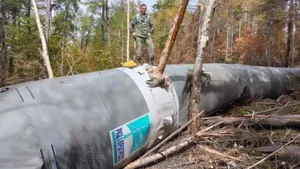
Source


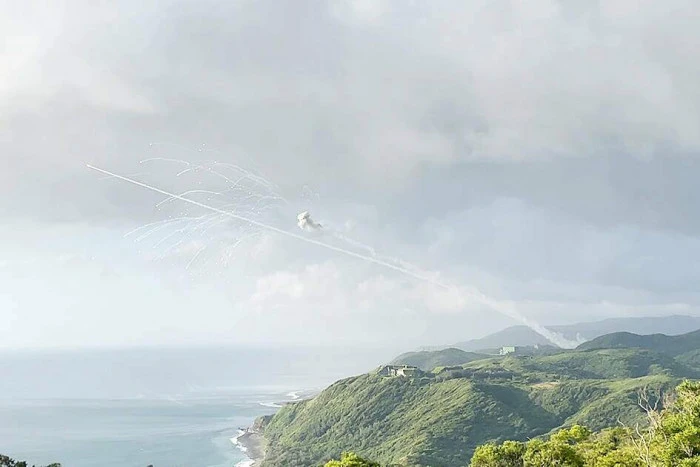
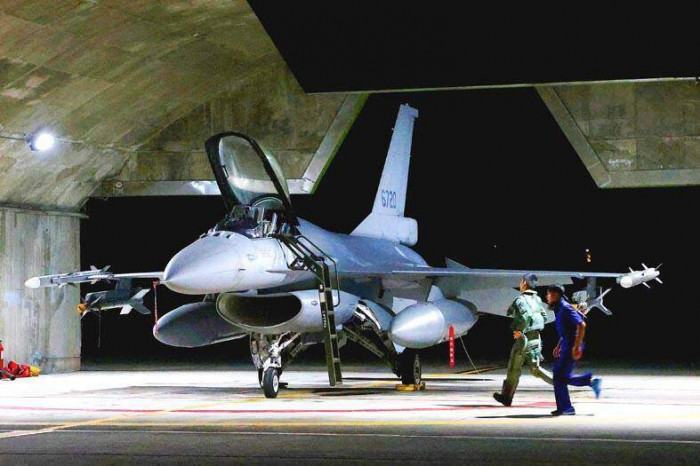

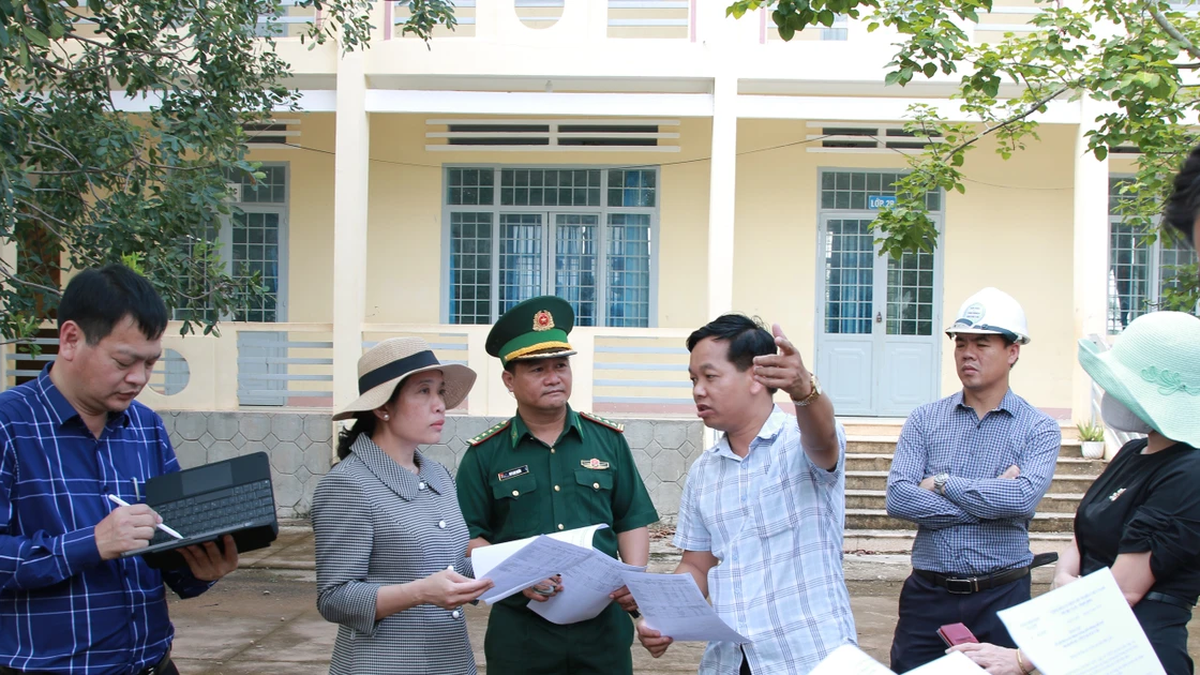


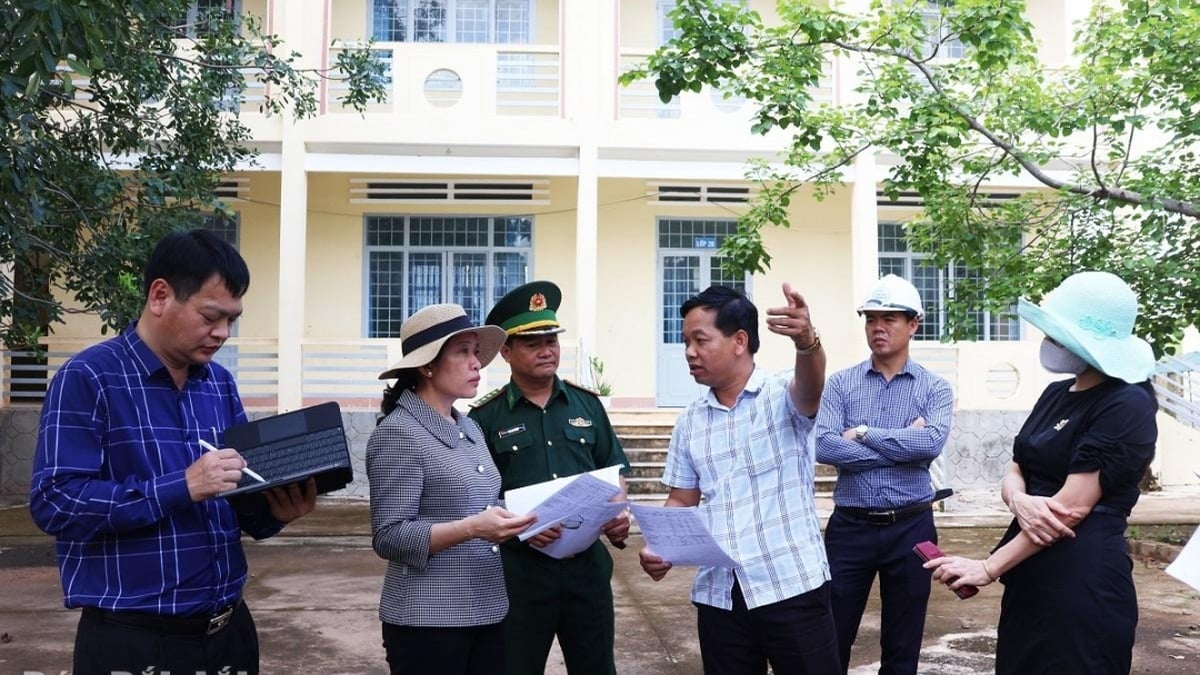


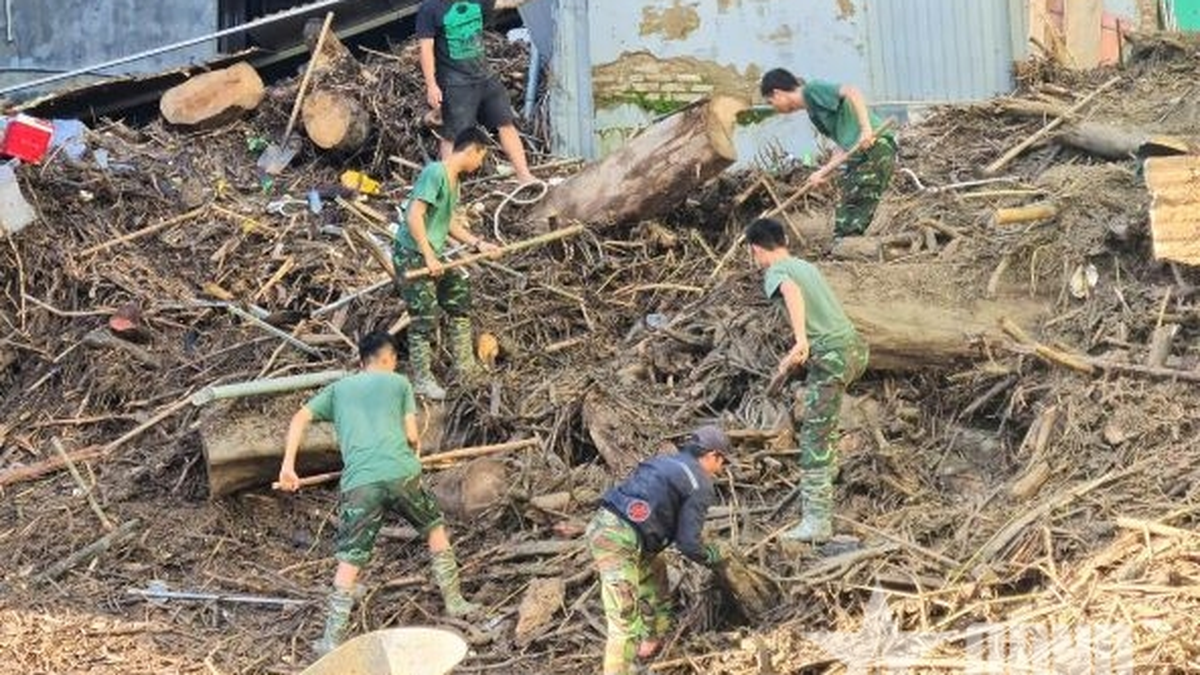

























































































Comment (0)